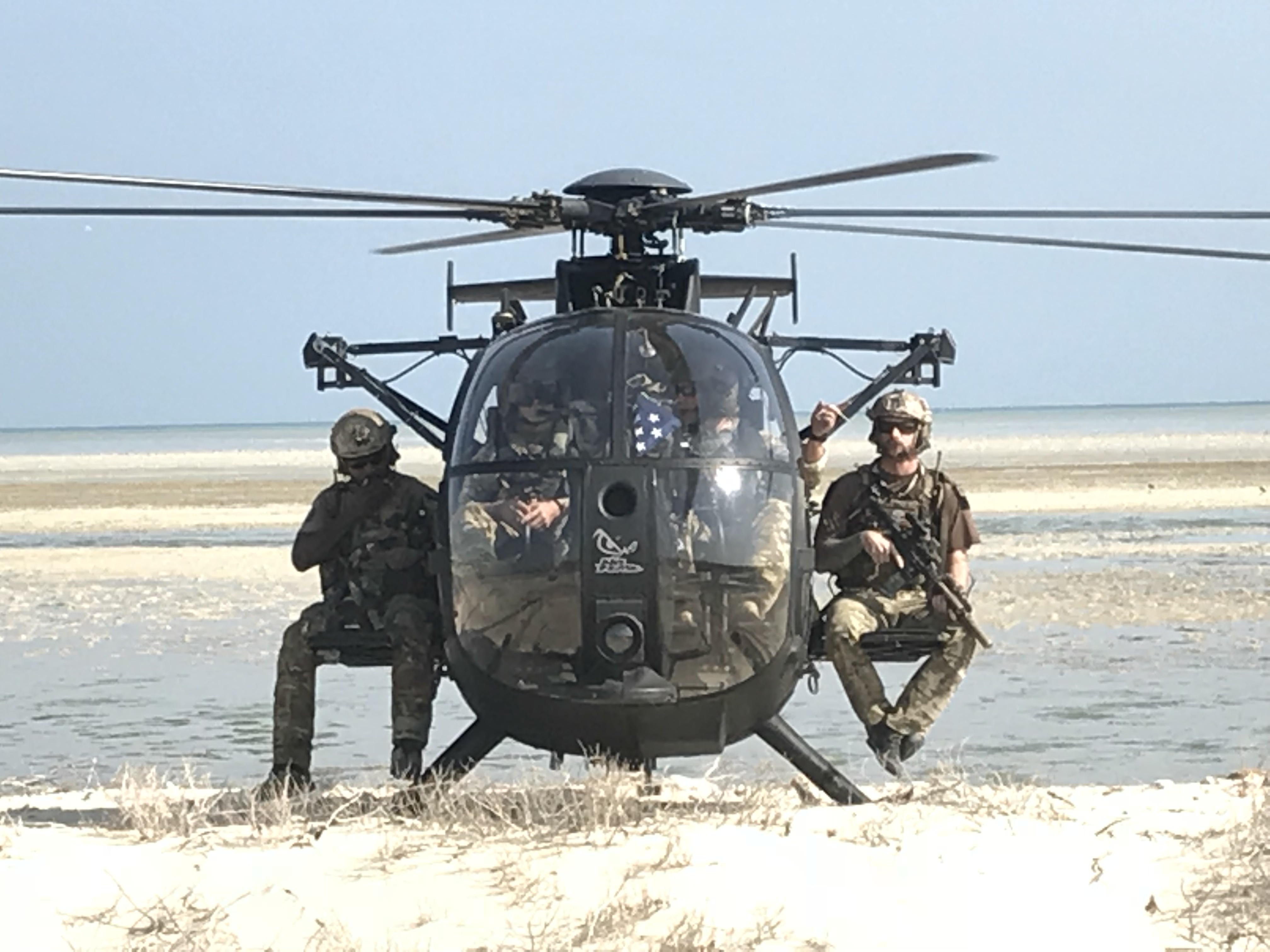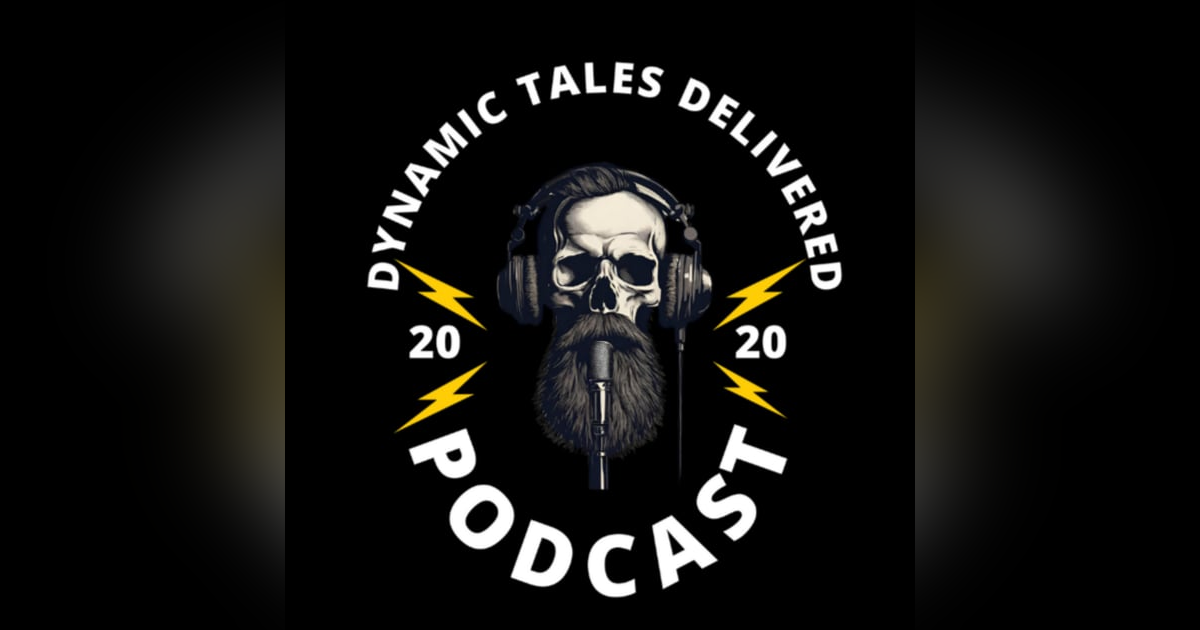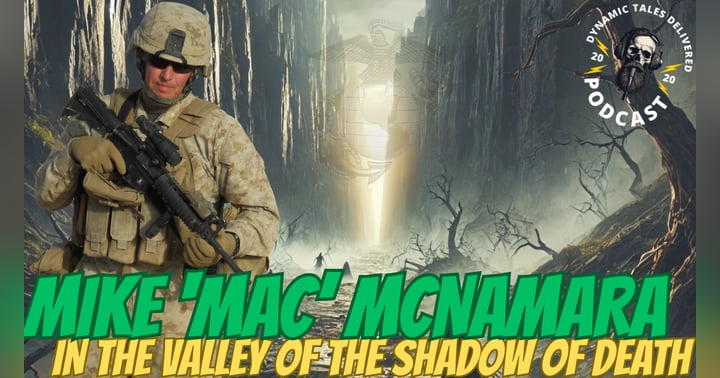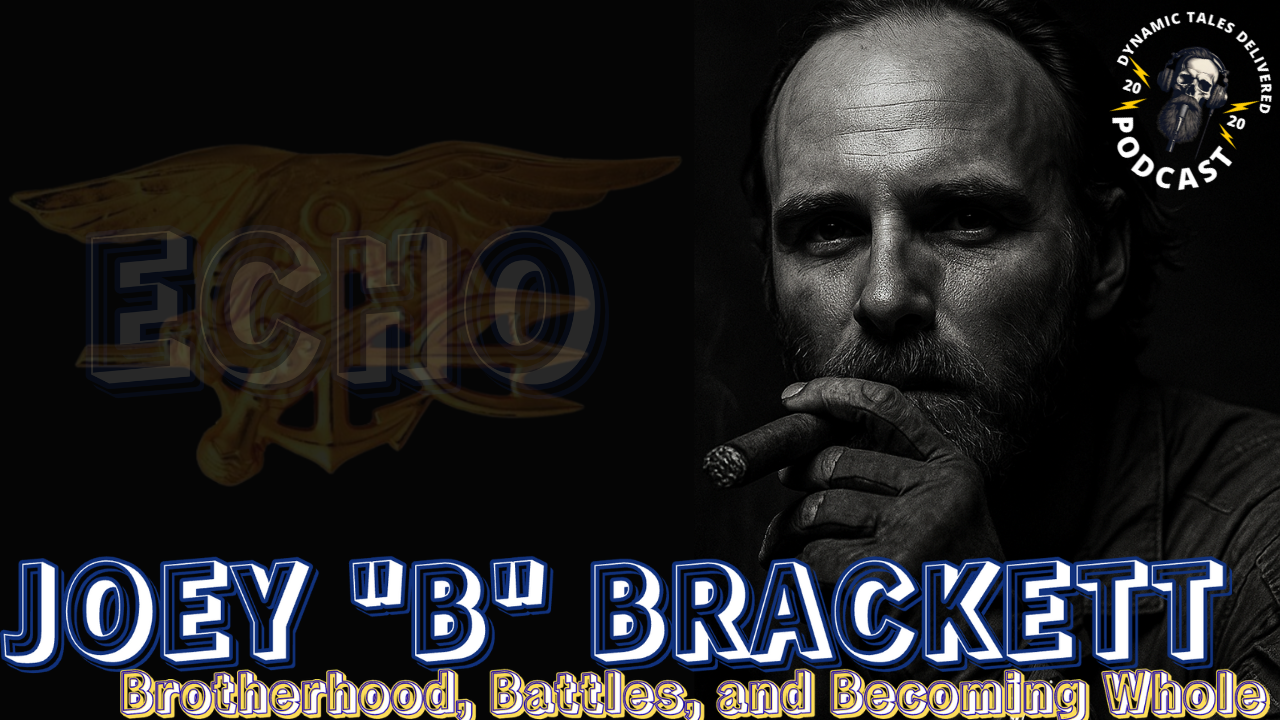Navigating Loss: The Emotional Toll of Combat

Combat is often portrayed through the lens of heroism and strategic victories. However, behind the battles and the bravado lies a profound emotional landscape marked by loss, grief, and the enduring impact of trauma. This blog post delves into the unspoken battles faced by those who serve in combat, exploring the coping mechanisms, the importance of remembrance, and the long-term effects of losing comrades on the battlefield. We'll particularly highlight the impact of losing individuals like Charles Keating, whose sacrifice resonates deeply within the military community.
This discussion complements our recent podcast episode, Episode 205: Joey "B" Brackett "Navy SEAL, Brotherhood, Battles, and Becoming Whole", where we had the privilege of speaking with Joey "B" Brackett, a Navy SEAL who shared his powerful experiences with brotherhood, loss, and the journey to healing. Joey's insights provide a deeply personal perspective on the topics we'll explore here, offering a raw and authentic glimpse into the realities of combat and its aftermath.
Introduction: The Unspoken Battles of Combat
War is a brutal reality, one that exacts a heavy toll not only on the physical landscape but also on the human psyche. While the strategic maneuvers and tactical operations often dominate narratives of combat, the emotional battles fought within the hearts and minds of those involved frequently go unacknowledged. These unspoken battles encompass a range of emotions, including fear, grief, guilt, and the constant awareness of mortality. For many service members, these emotional scars run deep, shaping their lives long after they've left the battlefield.
The unique environment of combat fosters intense bonds between individuals who rely on each other for survival. These bonds, forged in the crucible of shared danger, create a brotherhood that transcends ordinary friendship. When this brotherhood is fractured by loss, the emotional impact can be devastating. Coping with the death of a comrade requires resilience, mental fortitude, and access to support systems that understand the unique challenges faced by combat veterans.
The Essence of Brotherhood in the SEAL Community
Within the Navy SEAL community, brotherhood is not just a concept; it's a way of life. The rigorous training, the high-stakes missions, and the constant reliance on one another create an unparalleled sense of camaraderie. These individuals become more than just teammates; they become family. The bond is built on mutual trust, respect, and a shared commitment to the mission and to each other's well-being. As Joey "B" Brackett described in our podcast episode, this brotherhood is a lifeline, a source of strength and support that enables SEALs to face unimaginable challenges.
This deep connection is particularly evident in the face of adversity. SEALs are trained to operate in the most demanding and dangerous environments, where split-second decisions can mean the difference between life and death. Knowing that your teammates have your back, that they are willing to risk their own lives for you, creates a bond that is virtually unbreakable. This brotherhood extends beyond the battlefield, providing a network of support that helps veterans navigate the challenges of transitioning to civilian life.
The Heavy Toll of Loss: A Combat Veteran's Perspective
Loss is an inevitable part of combat. Whether it's the loss of a comrade, the loss of innocence, or the loss of a sense of normalcy, service members are constantly confronted with the reality of death and destruction. The emotional impact of these losses can be profound and long-lasting, leading to symptoms of post-traumatic stress disorder (PTSD), depression, and anxiety.
For combat veterans, the loss of a comrade is particularly devastating. These individuals are not just colleagues; they are brothers and sisters who have shared the most intense and challenging experiences imaginable. The death of a teammate can trigger a range of emotions, including guilt, anger, and profound sadness. Many veterans struggle with the question of why they survived while their comrade did not, leading to feelings of survivor's guilt. The process of grieving can be complicated by the fact that many veterans are reluctant to seek help, fearing that it will be perceived as a sign of weakness.
Remembering Charles Keating: A Symbol of Sacrifice
The name Charles Keating resonates deeply within the SEAL community and beyond. As Joey "B" Brackett shared in our podcast episode, the loss of Charles Keating was a pivotal moment that profoundly impacted his life and the lives of many others. Keating's sacrifice serves as a powerful reminder of the risks faced by those who serve in the military and the enduring legacy of those who give their lives in the line of duty.
Charles Keating IV was a Navy SEAL who was killed in action in Iraq in 2016. He was part of a quick reaction force that responded to an ISIS attack on a U.S. base. Keating and his team fought valiantly to defend the base, ultimately saving the lives of many others. His bravery and selflessness in the face of danger exemplify the values of the SEAL community and the sacrifices made by countless service members throughout history.
Remembering individuals like Charles Keating is crucial for honoring their memory and for ensuring that their sacrifices are not forgotten. It also serves as a reminder of the importance of supporting veterans and their families, providing them with the resources and care they need to heal and thrive after their service.
Coping Mechanisms and Mental Resilience
Developing effective coping mechanisms is essential for mitigating the emotional toll of combat. These mechanisms can range from seeking professional mental health care to engaging in activities that promote relaxation and well-being. For many veterans, connecting with other veterans who have shared similar experiences can be incredibly helpful. These peer support networks provide a safe space to share feelings, offer encouragement, and build a sense of community.
Mental resilience is also a crucial factor in navigating the challenges of combat and its aftermath. Resilience is the ability to bounce back from adversity, to adapt to change, and to maintain a positive outlook in the face of difficult circumstances. Building mental resilience requires developing a range of skills, including self-awareness, emotional regulation, and problem-solving abilities. Mindfulness practices, such as meditation and yoga, can also be helpful in promoting mental clarity and reducing stress.
The Long Road Home: Transitioning to Civilian Life
Transitioning from military to civilian life can be a challenging process for many veterans. The structure, camaraderie, and clear sense of purpose that are inherent in military service are often absent in the civilian world. Many veterans struggle with finding a new sense of identity, navigating the complexities of the job market, and adjusting to a different social environment.
The emotional toll of combat can also make the transition to civilian life more difficult. Veterans may experience symptoms of PTSD, depression, and anxiety, which can interfere with their ability to work, maintain relationships, and engage in everyday activities. Access to mental health care and support services is crucial for helping veterans navigate these challenges and successfully reintegrate into civilian society.
Finding Purpose After Service: Giving Back to Veterans
For many veterans, finding a new sense of purpose after their military service involves giving back to the veteran community. This can take many forms, from volunteering at veteran organizations to mentoring younger veterans to advocating for policies that support veterans' needs. Engaging in these activities can provide a sense of fulfillment and connection, helping veterans to heal and thrive after their service.
Joey "B" Brackett, for example, has found purpose in woodworking and in his involvement with a nonprofit organization that supports veterans and first responders. These activities allow him to use his skills and experiences to make a positive impact on the lives of others. By sharing his story and offering his support, he is helping to create a more supportive and understanding community for veterans.
Conclusion: Honoring the Fallen and Supporting the Living
Navigating loss is an inherent part of the human experience, but for those who have served in combat, the weight of loss can be particularly heavy. The emotional toll of combat can have long-lasting effects, impacting veterans' mental health, relationships, and overall well-being. By acknowledging the unspoken battles of combat, honoring the fallen, and supporting the living, we can help veterans to heal, find purpose, and thrive after their service.
In Episode 205: Joey "B" Brackett "Navy SEAL, Brotherhood, Battles, and Becoming Whole", Joey "B" Brackett provided a powerful and personal account of his experiences with brotherhood, loss, and the journey to healing. His story serves as a reminder of the sacrifices made by those who serve in the military and the importance of providing them with the support they need to overcome the challenges they face. Let us all commit to honoring the fallen and supporting the living, ensuring that our veterans receive the care, respect, and gratitude they deserve.











